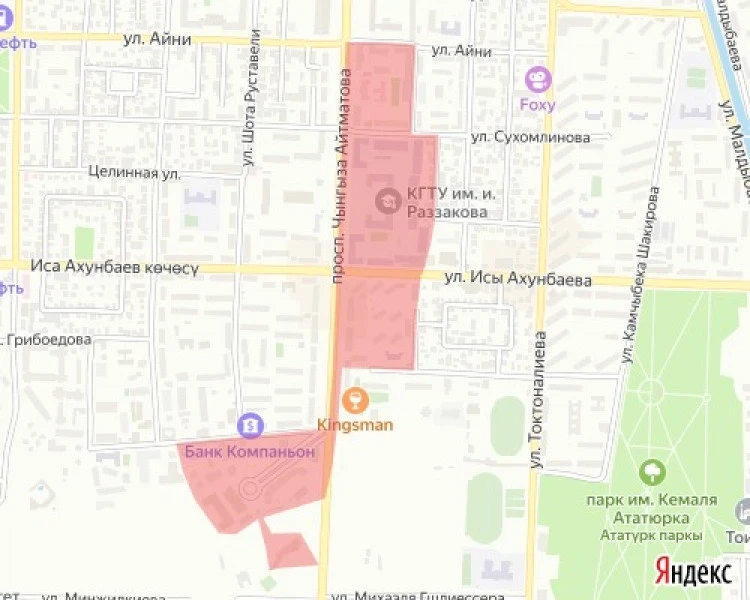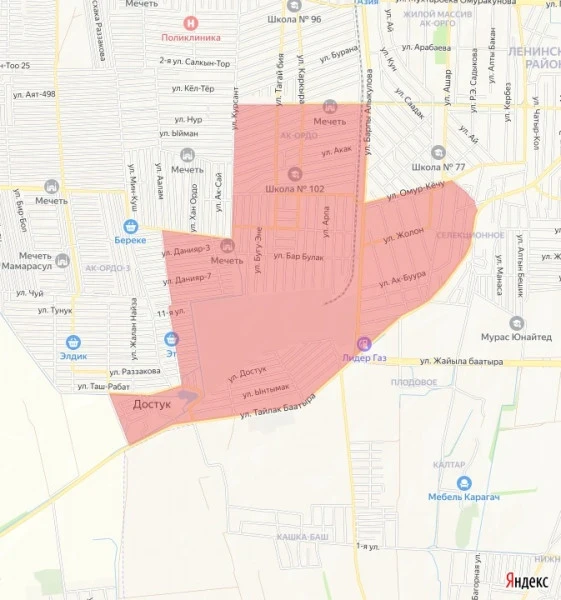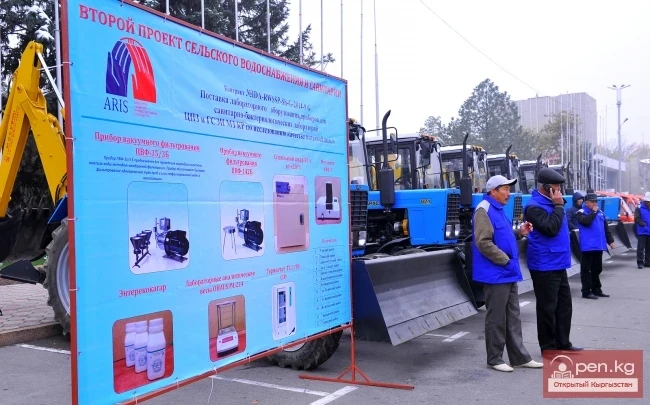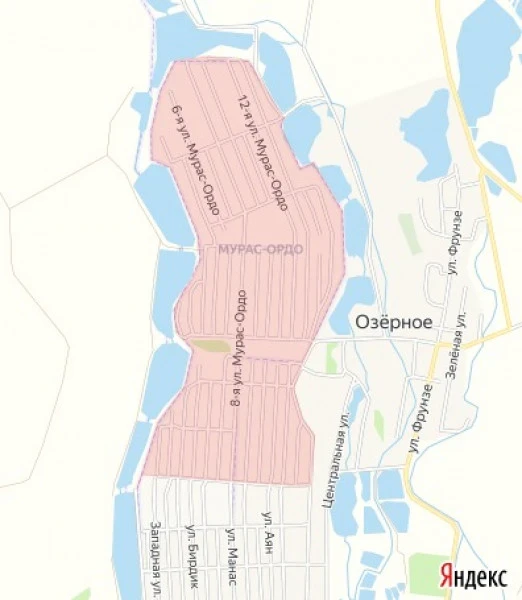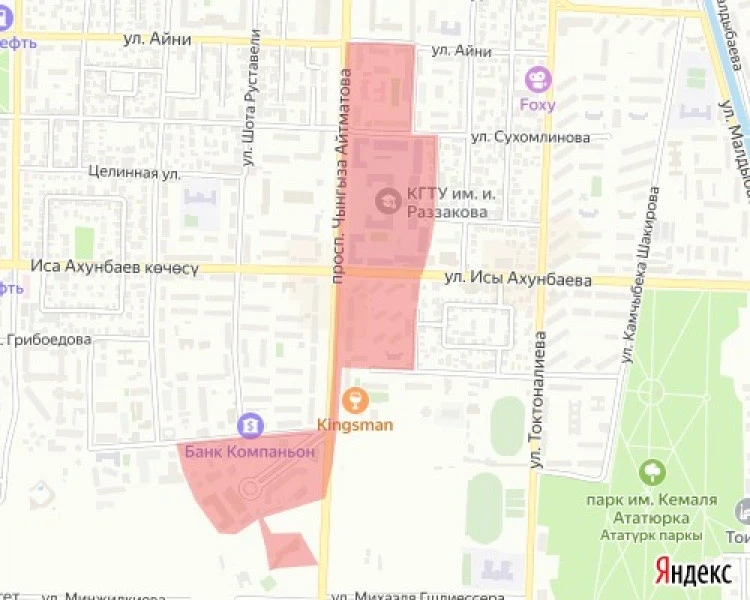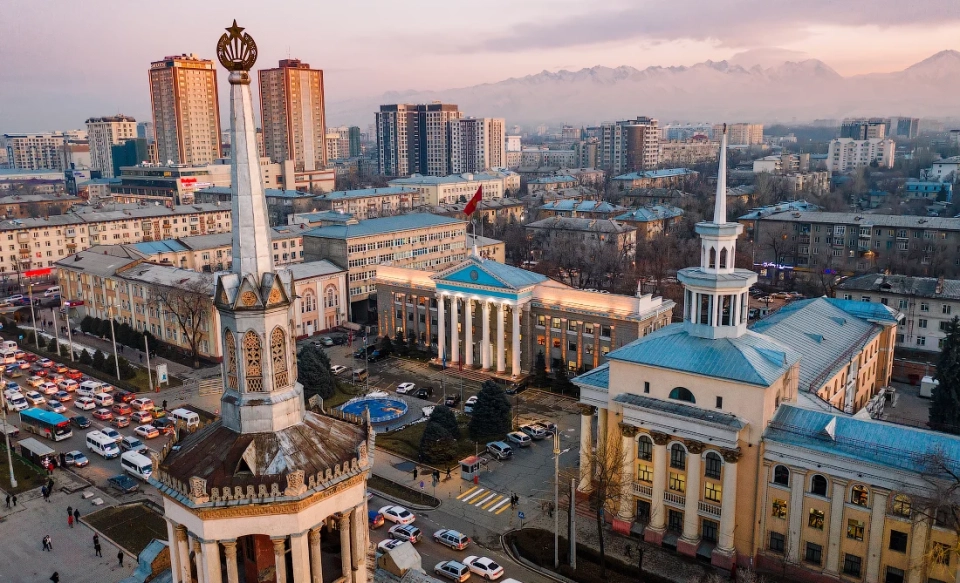According to information from the city hall, at present, the city and the surrounding settlements, which became part of it as a result of administrative reform, receive water from 77 sources.
The most significant water intake for the capital is the Orto-Alysh, which provides more than 40% of the total volume of drinking water.
There are 209 artesian wells in operation, with depths ranging from 160 to 250 meters. At 12 water intakes, second-level pumping stations are operational, and to ensure water supply to multi-story buildings, 328 pumping stations have been installed to maintain the necessary pressure in the pipelines.
Experts predict that by 2050, the volume of water consumption in Bishkek will reach approximately 500 thousand cubic meters per day.
In this regard, the general plan includes the following proposals:
- conducting surveys to confirm groundwater reserves, considering the observed deficit in the summer period;
- reconstruction and expansion of water supply facilities, including water intake and water treatment facilities, as well as water supply networks due to their significant wear;
- construction of new water intake and water treatment facilities and networks to deliver water to new residential areas, including individual housing;
- encouraging citizens to install water consumption meters with remote data transmission;
- introducing restrictive water supply systems and increased tariffs for consumers exceeding the limits;
- completely transitioning to irrigating green spaces, lawns, and streets using irrigation systems;
- implementing drip irrigation systems.
It should be noted that the issue of water scarcity is becoming increasingly relevant for the city. Residents of various districts of the capital constantly complain about low pressure and lack of water.
The issue of introducing a fee for exceeding the established norm for drinking water consumption has been discussed previously.
The general plan for Bishkek is a strategic document aimed at the long-term development of the city, which defines directions in urban planning, transport, economic, and social policies until 2050.
The project was developed by the Research Institute of Prospective Urban Planning from St. Petersburg in collaboration with the Bishkek city hall and at the request of the Cabinet of Ministers of Kyrgyzstan.
The general plan includes modernization of transport infrastructure, development of logistics, IT and creative industries, as well as preservation of historical and cultural heritage and creation of a comfortable urban environment.
